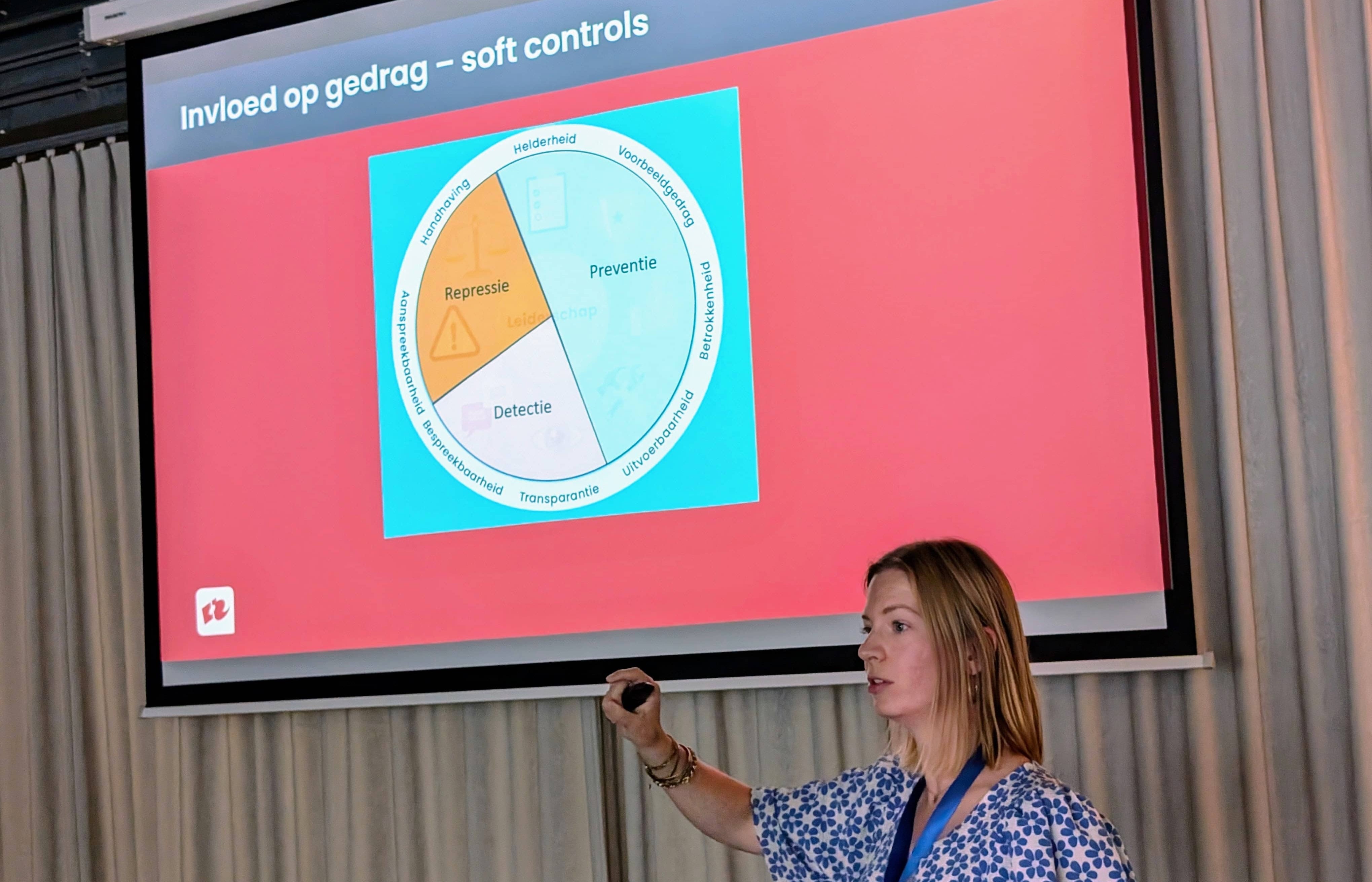
Balanced Internationalisation Act (WIB) Incoming: Prepare for New Rules on English-Taught Education
Balanced Internationalisation Act (WIB) Incoming: Prepare for New Rules on English-Taught Education
The Balanced Internationalisation Act (Wet internationalisering in balans, WIB) has been submitted to the Dutch House of Representatives as of 8 May 2024. If the legislative process proceeds as scheduled, the law will come into force at the start of the 2025–2026 academic year. The goal is clear: fewer English-taught programmes, better-managed international student intake, and more space for Dutch in higher education. But what exactly is changing?
“Dutch, Unless”
From now on, Associate degrees and Bachelor’s programmes must offer at least two-thirds of their ECTS (European Credit Transfer and Accumulation System) credits in Dutch. If a programme wishes to exceed this limit for English-taught instruction, it will require a Foreign Language Education Test (Toets Anderstalig Onderwijs, TAO) and explicit approval from the Minister of Education.
Tailored Numerus Fixus
Institutions will be permitted to restrict student intake per programme track, and specifically for non-EEA students. The Minister can also impose an emergency intake cap (noodfixus) in cases of unexpected enrolment surges.
Annual Language Policy Plan
Every institution will be required to publicly report annually on how the Dutch language is safeguarded in education, communication, and support services.
Why You’ll Notice It As Early As 2025
Until now, the language of instruction for a programme was determined locally. Intake caps (fixus regulations) applied to entire degree programmes, never to individual tracks or nationalities. The WIB adds a new layer of legal and procedural complexity:
Dual Teaching and Exam Regulations (OERs)
English-taught tracks must have a fully equivalent Dutch version of the Education and Examination Regulations (Onderwijs- en Examenregeling, OER). Both versions must be approved in time by the Examination Board, participation council, and the Executive Board.
Foreign Language Programme Assesment Files (FLPA)
Existing English-taught programmes face a strict deadline: within nine months after the Act comes into effect, institutions must submit evidence regarding their language policy, labour market relevance, and regional necessity. Postponements are not permitted.
New Fixus Regulations
Each intake restriction must be supported by a separate, formal decision, accompanied by a regulation document and a communication plan. Even a minor procedural error—such as a missing signature—can render a TAO or fixus legally invalid, warns the Council of State.
Three Steps to Stay in Control
1. Scan Your Programme Portfolio
Which tracks exceed the one-third English threshold, or attract primarily non-EEA students?
2. Use Smart Templates
Create one bilingual template with conditional paragraphs, instead of maintaining two separate documents. This reduces redundancy and the risk of errors.
3. Test Your Workflow Early
Select one programme to pilot the full process this year—from template to final approval. This will show you where delays or issues might arise, long before real deadlines approach.
How Docfield Helps
With Docfield, you can digitise the entire process around OERs, FLPAs files, and fixus documentation. This includes:
- Centralised templates
- Automated approval workflows
- Signature reminders
- A complete audit trail
This saves valuable time and prevents mistakes that can lead to extra work and legal risk down the line.
Want to see how this works, or get started with a WIB-proof template right away?
Get in touch with: Flynn@docfield.com


.jpg)
